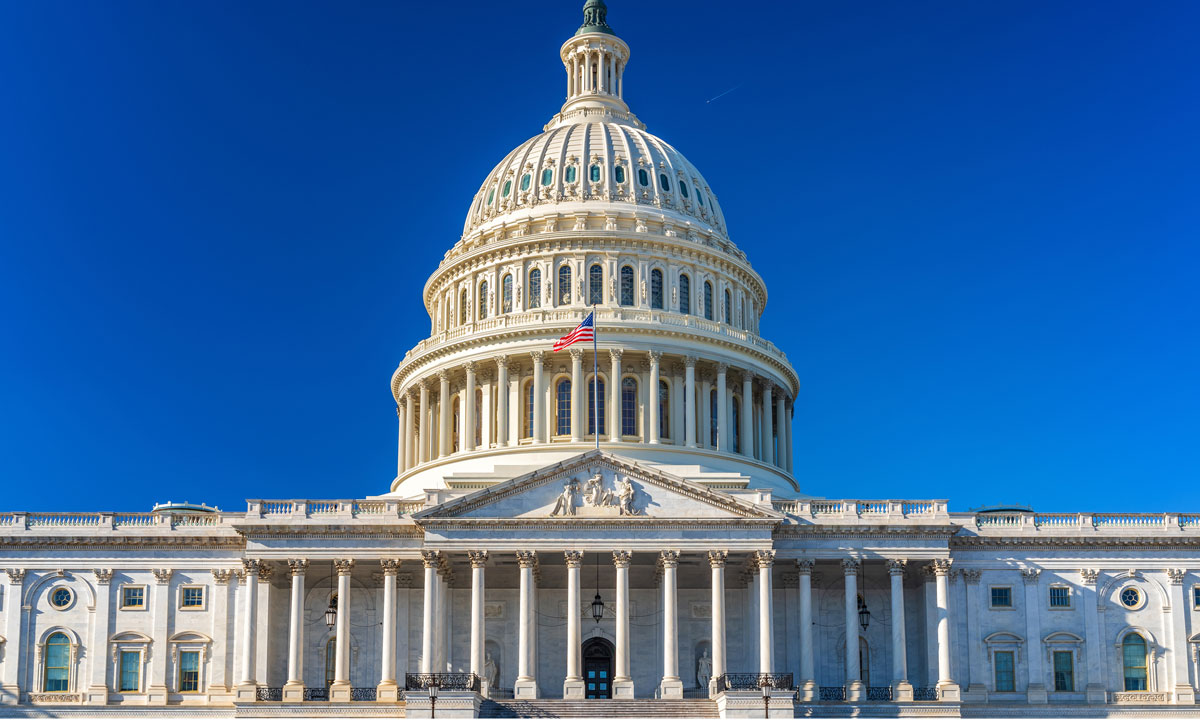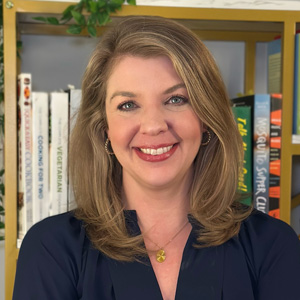Private School Choice Is the Wrong Choice for Kids With Disabilities, Like Mine
Coco: 'Big Beautiful Bill,' vouchers and program cuts undermine the rights of special ed students & the nation's commitment to helping them succeed.

Get stories like this delivered straight to your inbox. Sign up for The 74 Newsletter
Students with disabilities are students first, people with disabilities second. In 1975, Congress codified a commitment to educating and including children with disabilities, establishing the right to a free, appropriate public education for all students in their least restrictive environments. But 50 years into the work of undoing centuries of segregation and discrimination, the nation has yet to fully invest in rigorous implementation of the Individuals with Disabilities Education Act (IDEA).
Now, with the rise of private school choice, lawmakers are on the verge of further eroding their commitments to students and families. Instead of fully investing in IDEA and embracing its promises of ensuring all children can access and receive the services they need — something America has never done — Congress is considering passing the so-called “One Big Beautiful Bill” (H.R. 1), which would only further undermine the rights and opportunities of students with disabilities.
The bill would extend $20 billion in private school voucher tax credits by slashing Medicaid and other funding for programs that help students with disabilities in public schools. But the legislation would not require private schools to admit these children, or provide the same level of services as a public school must. Other than unenrolling and switching schools yet again, families of kids with disabilities would have no way to hold these schools accountable for providing services.
I know firsthand what accountability looks like in a private school setting — and it’s bleak. My son was recently evaluated for special education eligibility because of developmental delays, a process we navigated independent of his private preschool. Soon after his diagnosis, the school began calling family conferences to complain about his behavior, having never raised any concerns during the two previous years. The school alleged he was having trouble listening, completing classwork he doesn’t enjoy, and standing or sitting still; it demanded that we find, pay for and send a therapist to school.
My son is 4 years old. When he’s running around, it’s because he’s pretending to be Sonic the Hedgehog — typical preschool behavior. The school administrator said they were at a loss for what to do, and that if we didn’t fix my son’s behavior, then the school was no longer a good fit. The school relinquished any responsibility for how they might adapt to meet my son’s needs. It felt like they had made a unilateral decision to push him out once they realized he had developmental delays.
As an attorney and advocate for children with disabilities, I’ve spent nearly two decades working to ensure that schools are welcoming places for families, providing instruction that meets the needs of all students. I’ve sat in versions of this meeting dozens of times with kids of all learning profiles. But experiencing it as a parent, I felt shame, defensiveness and anger. Private school choice is intended to empower parents to find the education that best meets their children’s unique needs and different learning styles. Yet, a school of choice was telling me that it was choosing not to serve my son.
The administration wasn’t responsive to my suggestions for what it could do differently to engage with my son — and they don’t have to be. It’s a private school. It is free to define a narrow box of acceptable child behavior and wait for kids to fit into it. The private school is not accountable for the same expectations and responsibilities that I can expect of my local public school, where my son now receives specialized instruction, along with speech and occupational therapy. Expanded private school vouchers and the policies espoused in H.R. 1 could result in thousands more students being put in the same position as my son.
I am not one to defend maintaining the status quo for 8 million students with disabilities across the nation. But the country can and we must do better. America’s history of institutionalizing children and adults with disabilities can be undone only by actively prioritizing their inclusion. As citizens, we cannot passively assume it will happen.
Giving up on the promise of IDEA and disinvesting in public schools is not the answer. Neither is lowering the bar for services and somehow expecting better results. The solution lies in a relentless commitment to quality and accountability. This means adequate local and federal resources and meaningful accountability structures to support all public schools and policies that help all children. Congress must honor the promise made 50 years ago and reject H.R. 1.
Get stories like these delivered straight to your inbox. Sign up for The 74 Newsletter

;)
